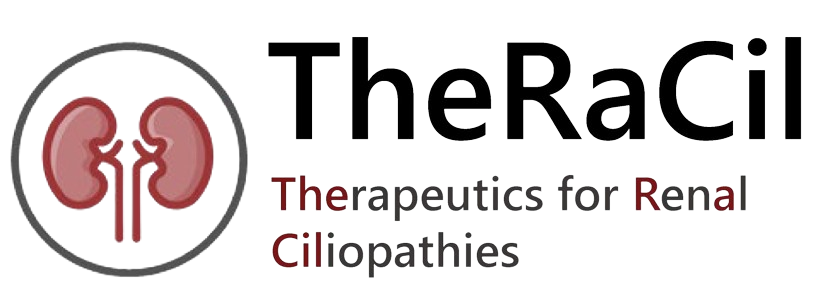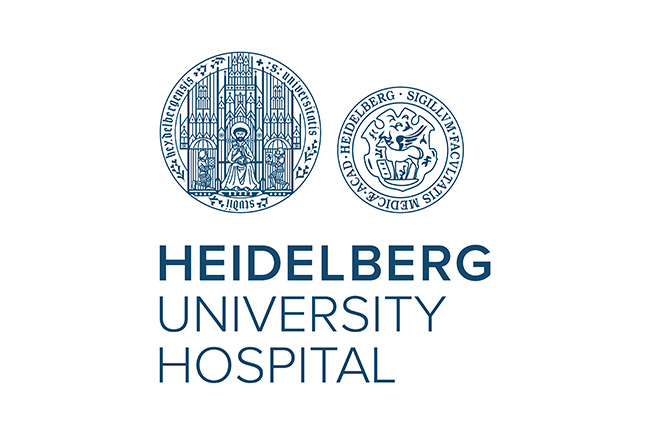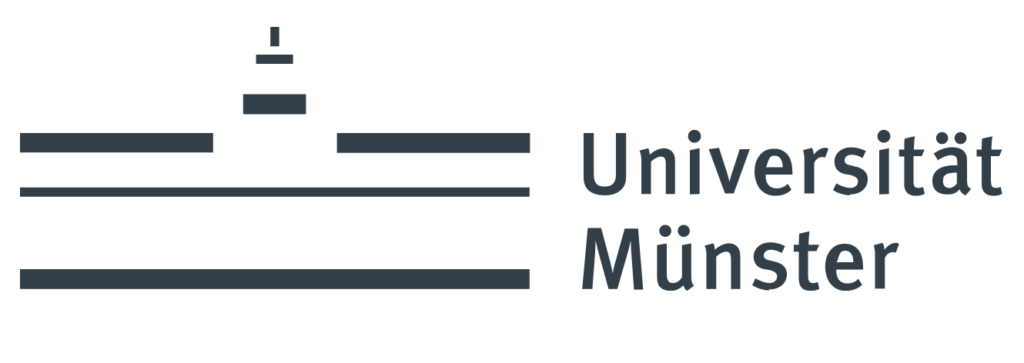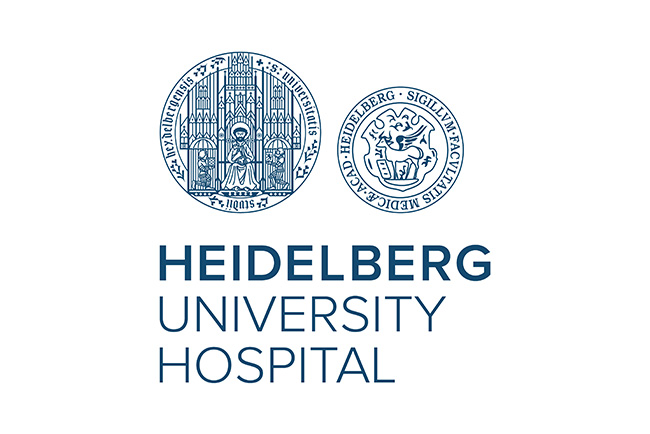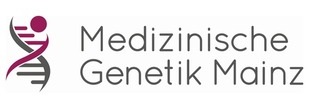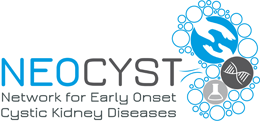Ruprecht-Karls-Universitaet Heidelberg
The Faculty of Biosciences at Heidelberg University is one of the most lively and interactive life science faculties in Europe. Research conducted within the Faculty covers a broad range of disciplines, from molecular biosciences to biodiversity, including biotechnology and pharmaceutics, and considers questions on all experimental and computer-assisted levels of structural and systems biology. The breadth and quality of the research conducted within the life sciences community in Heidelberg is illustrated by the number of special research areas and training networks which are supported by third-party funding.
Researchers implicated in the project: Gaurav Diwan, Torsten Schmenger, Jiao Wang
Germany Partners